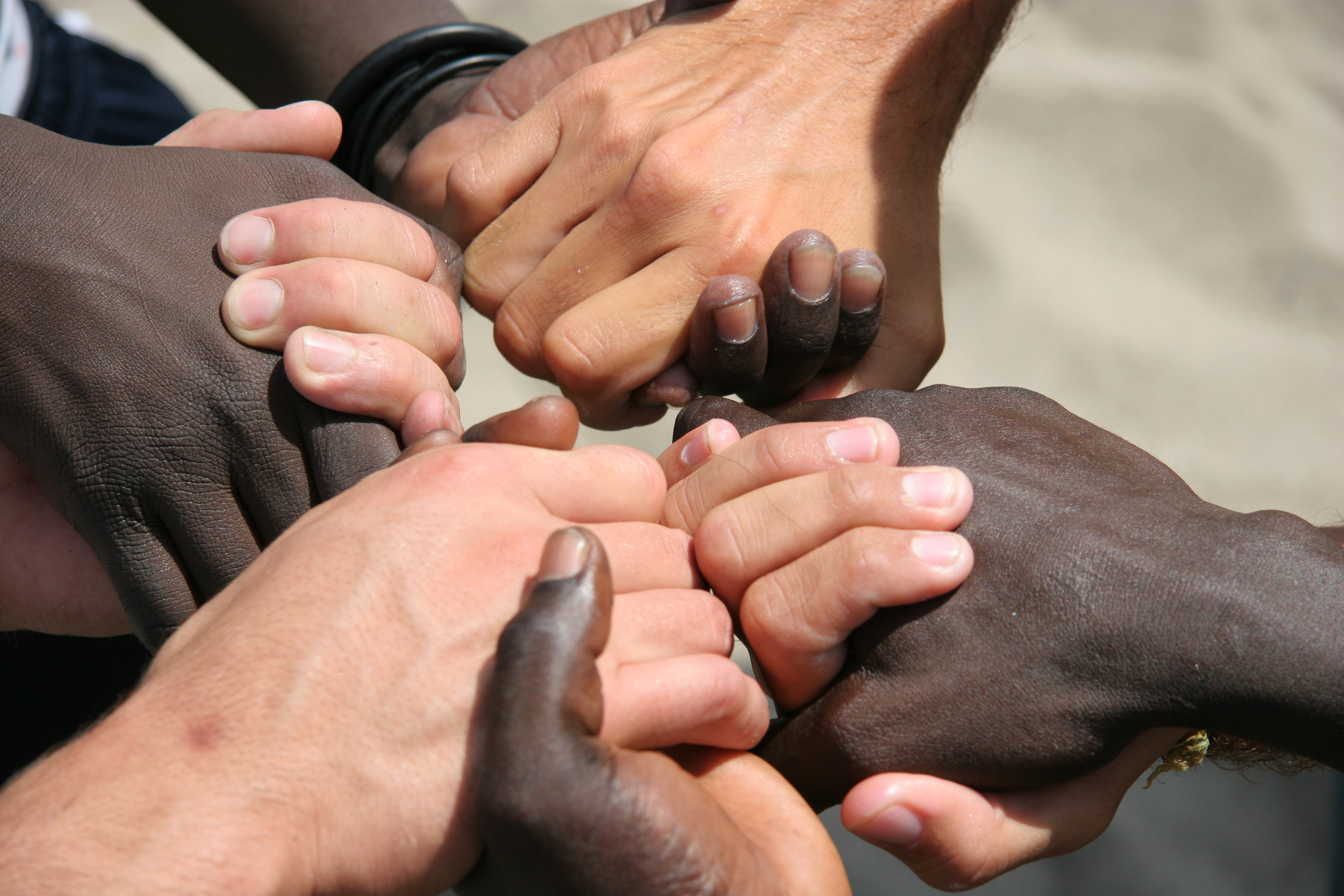The issue of embittered race relationships in the United States has been on my mind since August 9, 2014, when a white police officer named Darren Wilson shot and killed Michael Brown, an unarmed black teenager, in Ferguson, Missouri. The violent protests that erupted after the shooting culminated in even more pronounced violent protests in the early morning hours of November 25, 2014, following the grand jury decision not to indict Officer Wilson for the fatal shooting of Brown.
Not being close to the case, or having examined the evidence upon which the decision not to indict was based, I wondered whether that decision was purely based on evidence, or whether historical and institutionalized racism, discrimination, and injustice against blacks in the United States played a role. While I have no answers to my question, I struggled to think about what we, as a nation, can learn from Michael Brown’s death that will help this nation heal.
I believe that each one of us in the United States needs to think long and hard about race relations in this country. I allowed my mind to wander as I took this journey myself. I thought about the Institute of Medicine report, Unequal Treatment: Confronting Racial and Ethnic Disparities in Health Care. In this report, the committee—charged by Congress with identifying and recommending strategies to eliminate racial disparities in health care in the United States—chronicled the pervasiveness of poor health outcomes for minorities.
As a minority and an academic nurse researcher with a focus on health disparities in pain management, I thought about historical and institutionalized racism, discrimination, and injustice that contribute to poor pain management for patients with sickle cell disease—an inherited blood disorder suffered by an estimated 100,000 Americans, mostly of African descent—and for patients with other pain conditions. I thought about an article I had written for Minority Nurse back in 2003 titled “Mentorship in Black and White,” where I narrated my experience of being mentored by a white senior professor when I was a nursing student. This mentorship experience affirmed my belief that humanity is inherently good, but social constructions such as race taint our good nature. I thought about my current experience as an assistant professor of nursing in higher education and how I have reacted when I encountered interactions I felt were unjust. I wondered about how I have interacted with students in my capacity as a nursing faculty where I have the opportunity to teach and mentor both black and white students. I wonder if I have done everything humanly possible and within my power to pay forward the inherent human goodness to improve race relations with my students, colleagues, and friends.
I thought about the slave ship captain and later an abolitionist, John Newton, who, after his repentance, wrote the hymn “Amazing Grace.” This hymn is sung in Christian churches around the world by many Christians to confess and repent of sins and enlighten the spirit. The song has also become the mainstay of funeral services around the globe— a way to send the dead home believing they had the chance to repent of their sins at the time of death.
Now, in the United States, we must sing “Amazing Grace” in unison. Why is amazing grace important in this moment of pain and hurt, loss of faith in humanity, and lack of trust in race relations in the United States? The nurse in me feels that this nation needs healing. We must repent for whatever we might have done consciously or unconsciously, overtly or covertly, to contribute to racial unrest and the suffering of blacks and other minorities in the United States,. We will not stand and just sing the lyrics of the hymn paying lip service. We must be on our knees and feel the words break through our hearts, minds, and spirits. The words must purge us of the biases, injustices, discriminations, racism, sexism, ageism, and other “isms” that have deadened our spirits in this country. We have to let the spirit that connects us as humans and make us one with the universe—the trees, the oceans, the winds, and the animals—emerge to help us heal. We must let the light of our spirit unite us, and together we can outshine the darkness in our hearts and minds that we use to oppress others who look different than us.
We must heal our nation by checking our individual biases that encourage us to treat others unfairly. Like Newton, we must repent so that God and the universe will shower our spirits with the everlasting peace that comes with positive race relationships in the world full of turmoil and unrest. We must heal our nation, the United States of America.
Miriam O. Ezenwa, PhD, RN, is an assistant professor in the Department of Biobehavioral Health Science at the University of Illinois at Chicago, College of Nursing.
- Patients with Sickle Cell Disease Coping with Coronavirus-related Stressors and Pain - December 9, 2020
- Confronting the Imposter Phenomenon as a Minority Nurse - July 2, 2019
- Single Motherhood in Academia - July 17, 2018



